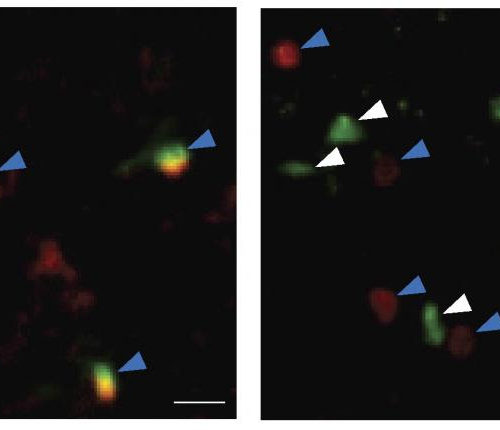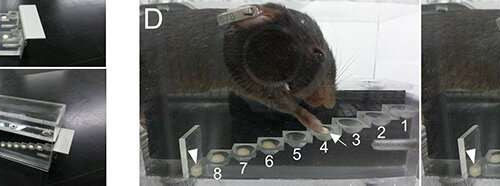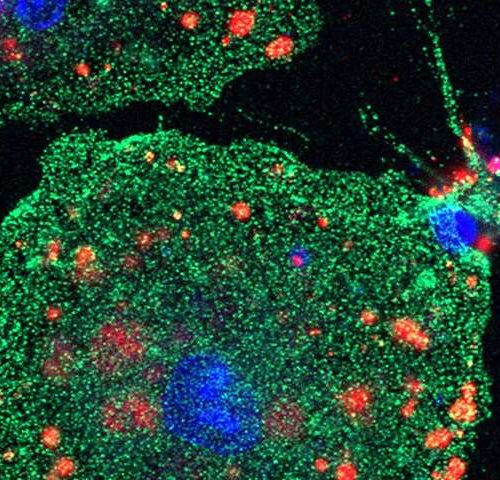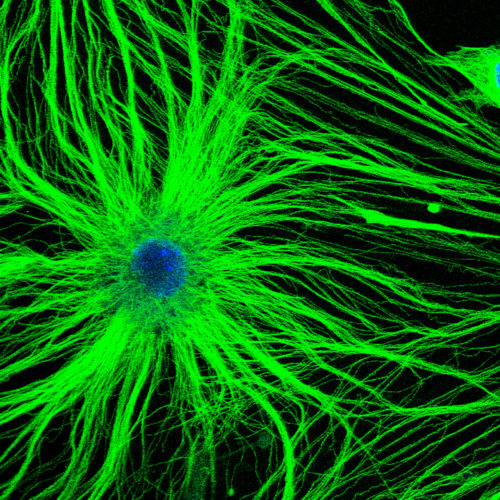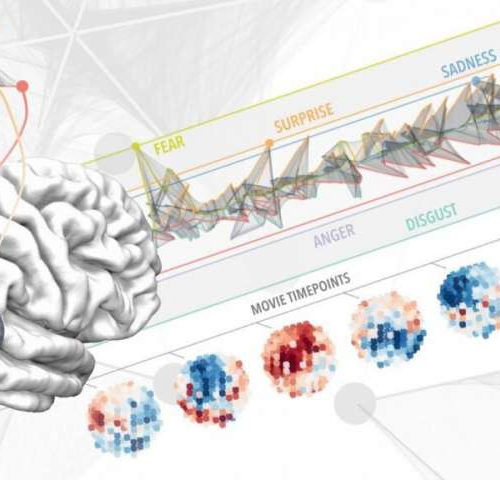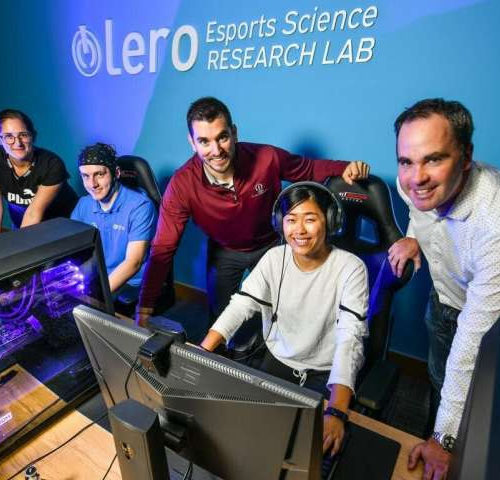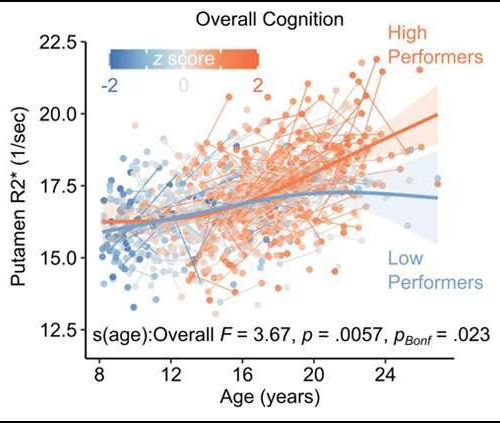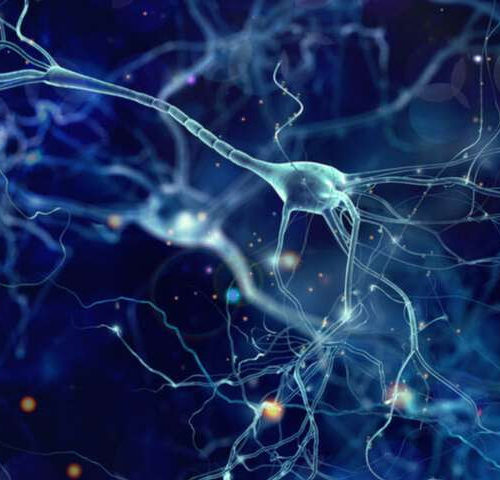ROCKEFELLER UNIVERSITY PRESS Researchers at Albany Medical College in New York have discovered that a specific type of immune cell accumulates in older brains, and that activating these cells improves the memory of aged mice. The study, which will be published February 5 in the Journal of Experimental Medicine (JEM), suggests that targeting these cells...
Category: <span>Neuroscience</span>
Fiber crossings ahead: Key enzymes affecting nervous system pathway identified
by University of Tsukuba Voluntary motor movements rely on the corticospinal tract (CST)—a group of neuronal fibers in mammals that connect each side of the brain to the opposite side of the spinal cord, and ultimately to muscles. It contains about 1 million fibers, the majority of which cross sides where the brain meets the...
Retinoid X receptor boosts brain recovery after stroke in preclinical trial
by Deborah Mann Lake, University of Texas Health Science Center at Houston A regulator of gene expression, retinoid X receptor (RXR), can boost scavenging cells in their mission to clear the brain of dead cells and debris after a stroke, thus limiting inflammation and improving recovery, according to preclinical research led by Jarek Aronowski, MD,...
HOW MUCH SLEEP KIDS GET AFFECTS THEIR MENTAL HEALTH
ALICE SCOTT-WARWICK There’s a link between children’s sleep duration and depression, anxiety, impulsive behavior, and poor cognitive performance, researchers report. In a new paper in Molecular Psychiatry, researchers examine the relationship between sleep duration and brain structure in 11,000 children ages 9-11 from the Adolescent Brain Cognitive Development dataset. The researchers found that measures of...
Glial Brain Cells, Long in Neurons’ Shadow, Reveal Hidden Powers
The glial cells of the nervous system have been eclipsed in importance by neurons for decades. But glia are turning out to be central to many neurological functions, including pain perception. The sting of a paper cut or the throb of a dog bite is perceived through the skin, where cells react to mechanical forces and send...
Can lithium halt progression of Alzheimer’s disease?
by McGill University There remains a controversy in scientific circles today regarding the value of lithium therapy in treating Alzheimer’s disease. Much of this stems from the fact that because the information gathered to date has been obtained using a multitude of differential approaches, conditions, formulations, timing and dosages of treatment, results are difficult to...
Emotions come from a 3-centimeter area of the brain
by Scuola IMT Alti Studi Lucca The entire set of our emotions is topographically represented in a small region of the brain, a 3-centimeter area of the cortex, report scientists in a study conducted at the IMT School for Advanced Studies Lucca, Italy. The discovery of this “map” of emotions comes from work conducted by...
Research shows the sexes have equal spatial cognition skills
Men are not better than women at spatial cognition—such as map reading—is the principal finding from ground-breaking work by researchers at Lero, the Science Foundation Ireland Research Centre for Software, hosted at University of Limerick (UL), Ireland. Research by Drs Mark Campbell and Adam Toth of Lero, the Science Foundation Ireland Research Centre for Software...
The brain may need iron for healthy cognitive development
by Society for Neuroscience Iron levels in brain tissue rise during development and are correlated with cognitive abilities, according to research in children and young adults recently published in JNeurosci. Future work could lead to iron supplementation as an intervention for atypical cognitive development. Brain cells stay healthy in part by storing iron. It is...
Artificial nerve cells could cure chronic diseases
by CORDIS With its promise to bring new insights into the diagnosis and treatment of conditions as varied as cancer, cardiovascular and neurodegenerative diseases, bioelectronic medicine is now in the spotlight. Bringing together various fields like biochemistry, molecular medicine, neuroscience, immunology, electrical and mechanical engineering, computer science and mathematics, bioelectronic medicine focuses on electrical signaling...

